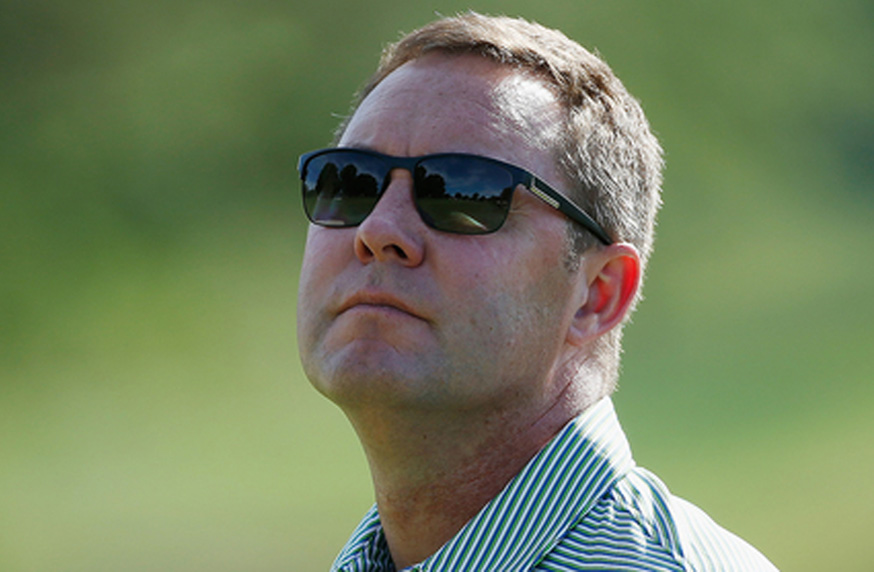When Mike Whan was hired as commissioner of the US LPGA Tour in 2009, he announced that he would not actually take over for 100 days. He spent that time studying the tour, using what he calls the “listen, learn and lead” method.
What he saw, Whan recalled in an interview with Golf Channel, was a business model based on the LPGA “trying to make a buck or two”, putting on mostly U.S.-based tournaments and collecting dues from tour and teaching members. That model, Whan believed, was actually “one of the barriers to really going faster.”
Now, in an article headlined “Mr. Worldwide: How Whan took the LPGA global”, he says, “We had five different major winners from five different countries last year. We finished the year with the top five players in the Rolex Women’s World Rankings from five different countries. We had 45 different countries teeing it up at Q-School last year. We have rookies from India, Iceland, Ecuador and Belgium joining the tour this year. In the men’s and women’s Olympics, the six medallists were from six different countries. If there was ever a time to talk about how borderless the game is, this is it.”
Whan imagined re-making the way the tour thought of itself. “I remember saying to my board and my players, 'I don’t know if anyone realises it, but we’ve moved past that model. We are a global television and media property. We are no longer a tournament and dues collecting company. We are a global media property and we have to figure out the key things we need to do to take that to the next level.
“'It doesn’t matter if we make or lose money on tournaments and memberships. That’s not really our business. Our business is to put on tournaments so we can create TV the world wants to watch, and create opportunities that are worldwide opportunities.’”
This re-imagined business model helped rebuild the tour from 23 events and $40 million in prize money in 2011 to 34 events with a record $67 million today. There were seven Asian-based title sponsors in 2011, and 14 today.
Rob Neal, president of the LPGA Tournament Owners Association, remembers the concerns international growth brought to some segments of the North American tour and how Whan stepped so decisively into that issue. “It took almost no time for Mike to come to the conclusion that the LPGA was, in fact, irreversibly international. After he did all his research and talked to all the key constituents and considered all the different angles, he stood up like a good leader and just said, 'We are international. Get over it.' That really did kind of reset everyone’s thinking, so it was like, 'Quit fighting it. It’s happening, it will continue to happen, so let’s embrace it.'”
Whan reached out to international businessmen, bringing them in to sponsor new American and international events. He also struck up more partnerships with international tours, creating more co-sanctioned events with the Ladies European Tour and Asian tours.
“I love it when the flags are shown on Golf Channel,” he says, “and I hate it at the same time, because too often fans see a player as a flag, and she isn’t a flag. She might be a twenty-something superstar. I love the fact that our players come from all over the world, but when you only see a flag, I think you miss something. It’s a matter of getting to know them, getting to know their personalities. These kids are hard to dislike.
“Our transformation into a global media property is still clearly in process,” he concludes. “It just takes time.”
Main photo above: Beatriz Recari – three-time LPGA Tour winner from Spain
Pictured below: LPGA commissioner Mike Whan





